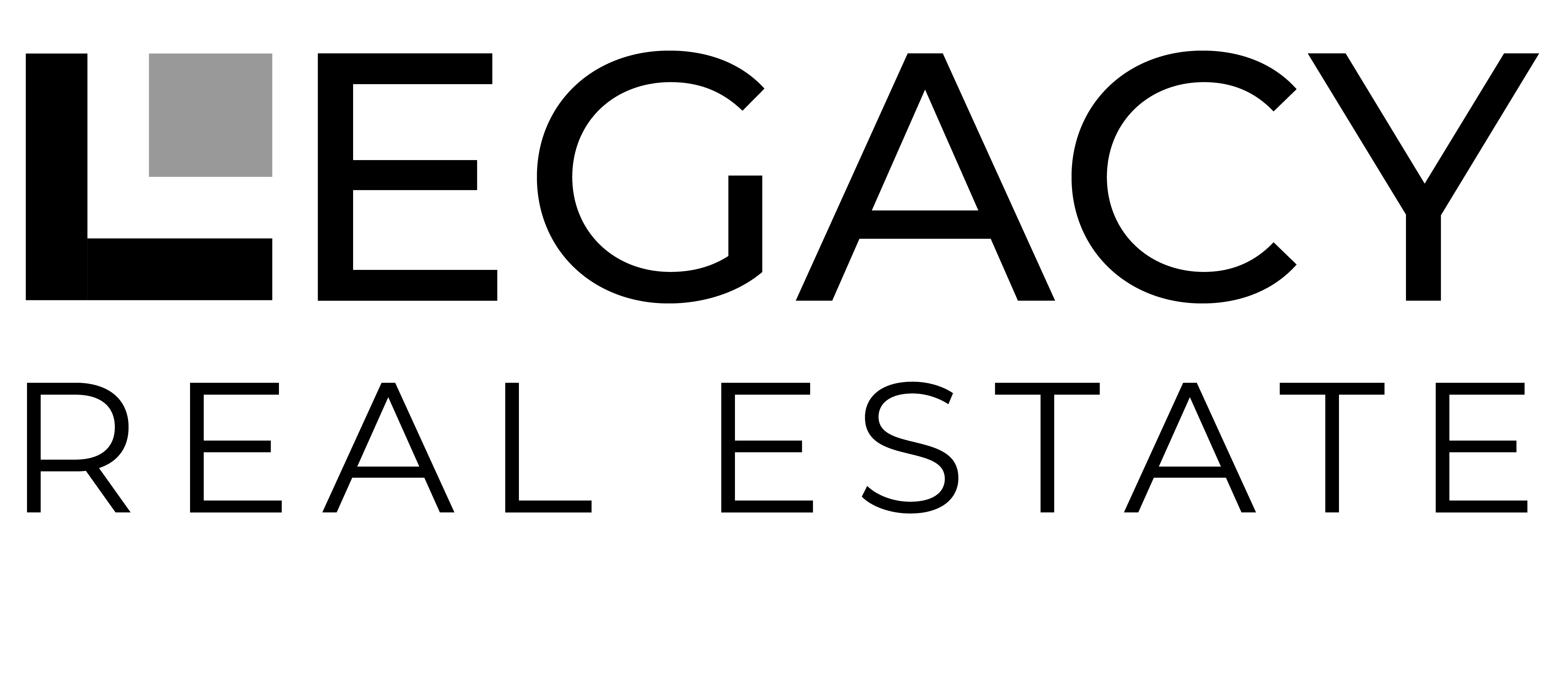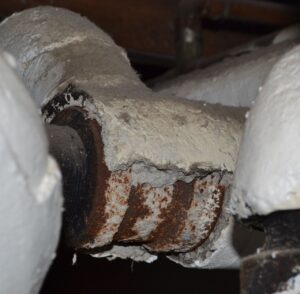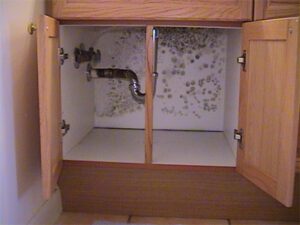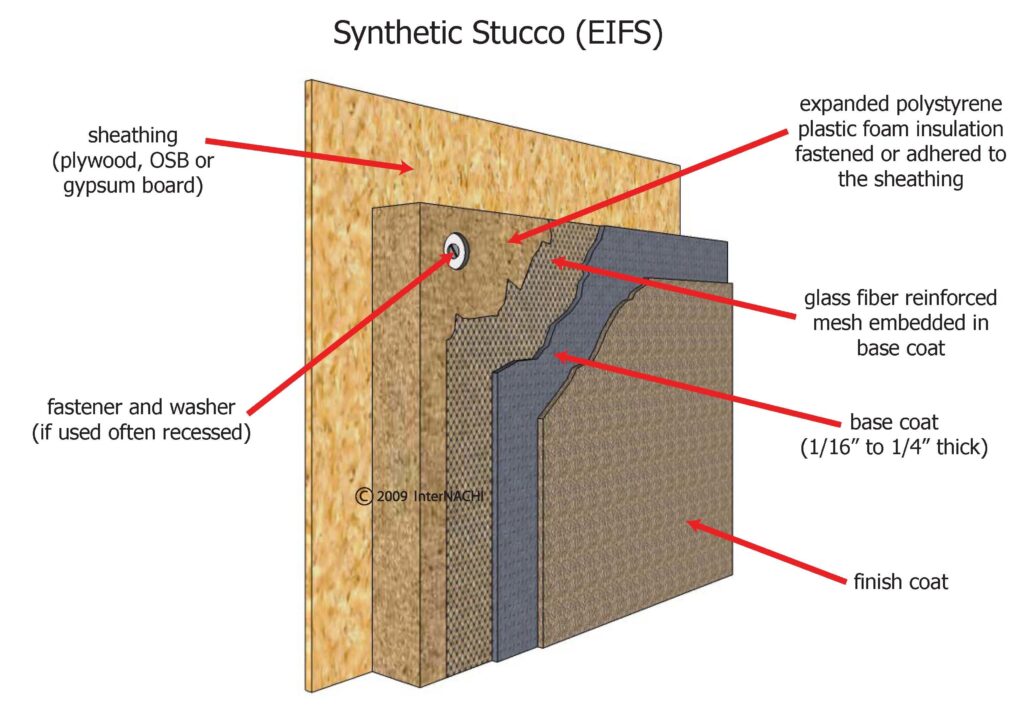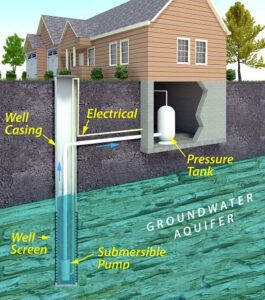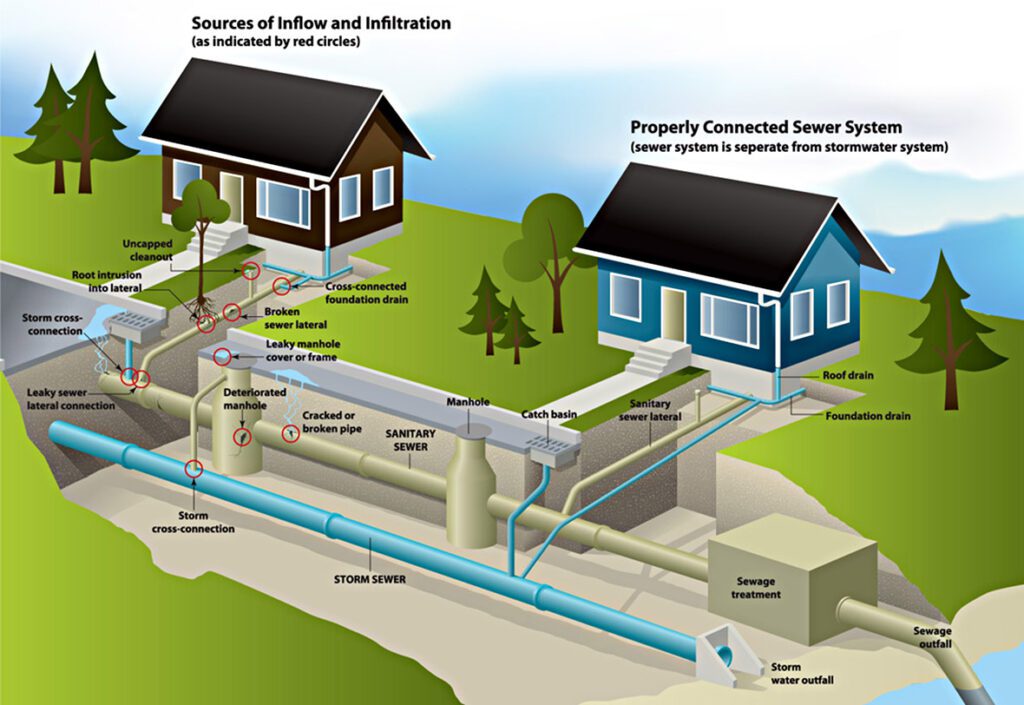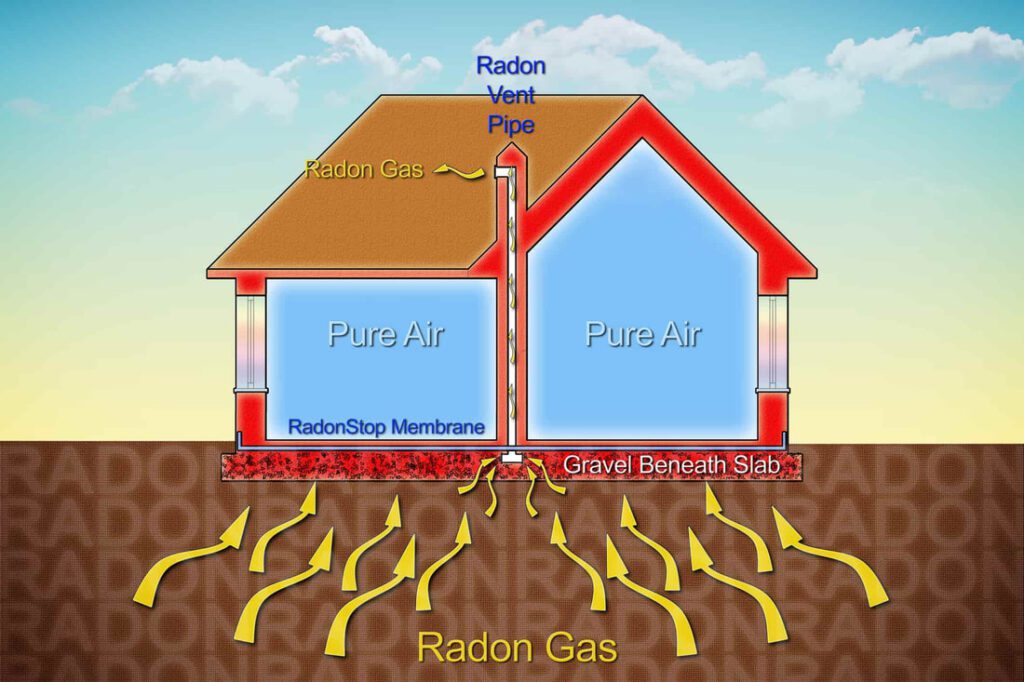Recommended Inspectors
Perfection Inspection
Jim Allhiser
perfectioninspectioninc.com
jallhiser@
503-508-4321
Click to Schedule
Pillar to Post
Derek Renz
derekrenz.pillartopost.com
Marie.baker@pillartopost.com
503-856-8775
Click to Schedule
In Depth Home Inspection
Greg Sandberg
indepthhomeinspectionllc.com
Greg@IDHI1.com
503-991-7479
Click to Schedule
Full Home Inspection
Once your written offer to purchase a home has been accepted by the seller, you will schedule a full home inspection. This inspection will be conducted by a licensed professional home inspector, and your written offer to purchase will be contingent on the results of this inspection. In other words, your offer will be binding only if you find the inspection results satisfactory or mutual agreement is reached to address needed repairs. You are responsible for hiring and paying for this service, which usually costs between $300- $600. Inspectors are individual contractors, and your agent can give you some recommendations for who to call. The inspection will cover all of the home’s major systems such as electrical, plumbing, heating and cooling. The inspector will also examine the property’s structural components such as roof, walls, floors, doors and windows. Based on this examination, the inspector will give you a written comprehensive report on the condition of the house. It is permissible for buyers to be present at time of inspection, and can be a good time to ask questions about construction, maintenance, and upkeep of the home. If the inspection uncovers issues requiring extensive repairs, your agent will help you obtain price estimates and write an addendum to your offer detailing the necessary repairs and their cost. Depending on the severity of the inspection findings, you may also wish to decrease the amount of your offer, request that the seller correct the problem, or withdraw your offer entirely.
Important Information about a home inspection
Once an offer has been accepted and signed by both parties, the buyer typically has 10-12 business days to complete all inspections and negotiate any repairs with the seller. This is known as the inspection period (see sales contract). If a buyer is dissatisfied with the condition of the home in any way, they can terminate the transaction at any time during this period. In order to terminate, the buyer must submit their unconditional disapproval of the property based on the findings of the inspection report. Once the unconditional disapproval is signed and submitted, all earnest money deposits are to be promptly refunded, and the transaction officially terminated. If an unconditional disapproval is not submitted by 5 pm of the final day of the inspection period, the buyer will have no choice but to accept the condition of the property.
There are several additional types of inspections that a buyer can schedule. Some of these inspections are considered ‘invasive’, and must be listed in the sale agreement before they can be legally performed. Inspections are considered invasive when they require testing and/or removal of some substance or part of the property. Mold, asbestos, and sewer scopes are all examples of invasive inspections. Testing for Radon is also considered invasive, because a radon machine must run for several days, requiring the people living in the home to keep doors and windows shut for 72 hours while the testing is performed. If any portion of the property is damaged or removed during the inspection process, the buyer is responsible for restoring the property to its original condition.
After reviewing the inspection reports and completed test results, your broker will work with you to address any concerns you may have with the findings. Your broker may recommend some preferred vendors or subcontractors who can provide cost estimates, or bids, for any necessary repairs. These repairs will be listed in a document known as a ‘repair addendum’ and submitted to the seller. Buyer and seller will then, through the mediation of their respective agents, negotiate the necessity of and responsibility for these repairs. If buyer and seller cannot negotiate a repair agreement prior to the end of inspection period, it may be necessary to extend the inspection period with an additional written addendum.
A mandatory completion date for any negotiated repairs will be identified in the repair addendum. The buyer will then have 2-5 days to complete a re-inspection, ensuring all repair work is completed and satisfactory. The repair addendum also states that all repairs requiring the use of a contractor (e.g., any electrical, HVAC, plumbing, or similar specialty work) are to be performed by Oregon licensed and bonded contractors in accordance with all applicable laws, codes and ordinances.
The Legacy Real Estate Group’s goal is to help you understand the condition of the property you wish to purchase, and to guide you through decisions affecting the quality and safety of your new home. We are happy to share our list of preferred inspectors, experts and subcontractors and you can count on us to be your advocate during the often stressful periods of inspection, negotiation and repair.
The following list identifies some, but not all environmental conditions that may be found in or around real property that may affect a person’s health. Asbestos, carbon monoxide, electric and magnetic fields, formaldehyde, lead and other contaminants in drinking/well water, lead-based paint, mold and mildew, radon and leaking underground storage tanks.
If a buyer has any concerns about these conditions or others, they are encouraged to secure the services of a licensed professional inspector, consultant, or health expert for information and guidance. Neither listing or selling real estate licensees are experts in environmental health hazards or conditions.
Things to Look for in a Home Inspection
May be found in older homes. Should asbestos become airborne, it could be hazardous to your health.
For more information, visit epa.gov/asbestos
Pathogenic and Toxigenic can cause serious health effects in people.
For more information, visit epa.gov/mold
Exterior insulation and finish systems
Possibility of moisture damage to exterior as well as structural members exists. We recommend strongly that you have an inspection of the exterior by a qualified inspector. There is a class action Stucco lawsuit pending.
For more information, visit sidingsolutions.com
In an underground storage tank exists and it is no longer being used, it is recommended that an inspection be done to be sure it complies with state and federal regulations regarding hazardous waste.
For more information, visit oregon.gov/deq/tanks/Pages/UST.aspx
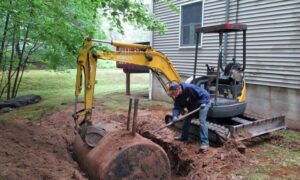
There may be a possibility that the home you’re purchasing is not connected to the public water source. It may be connected to a community well or a private well on the property. If domestic water is provided by a private well, the buyer should verify to the extent possible whether the well provides adequate water for domestic needs. We strongly recommend that a flow test and a bacterial test be conducted prior to the purchase of the property.
Even when wells are tested and inspected, it is impossible to guarantee a continued supply of water. Events can, and do, occur that can change the well quality virtually overnight. Other events, such as development and drought, can affect the quality of an aquifer over time. Any test of a well is merely a snapshot in time, and is not an indication of a well’s future performance. All reports should be viewed in this light.
For more information, visit wellwater.oregonstate.edu/well-water/wells
Common in homes nationwide, built from 1980-1995. Simply the existence of PBP is not necessarily a problem. Some homeowners have experienced problems with leaking and the failure of connections or certain fittings. There is a class action lawsuit pending. It is recommended that you have your inspector check for the existence of Polybutylene piping and any related existing or past problem.
For more information, contact the Consumer Plumbing Recovery Center at (800) 329-7591.
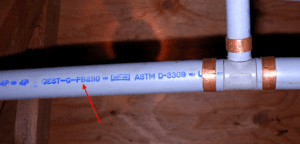
It is very common for older homes to have concrete sewer pipes, which can become damaged over time due to the invasion of tree roots, etc. Also, in some areas, there are two party sewer lines that connect to a neighbor. It is highly recommended that you check with the city to see if the property is connected to a public sewer system, and whether the property you are purchasing has its own sewer line. It is highly recommended that you also have a sewer scope performed by a licensed contractor to determine if the sewer lines are damaged.
Many homes have been finished with one of the siding materials listed below. Class action lawsuits have been filed due to problems related to one or more of these products. We strongly recommend a qualified inspector examine any siding material to determine the product and existing or potential problems.
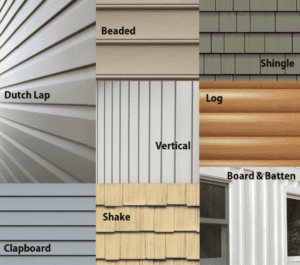
Many homes built before 1978 may have paint that contains lead. Some mini blinds also contain lead. Information can be obtained at the National Lead Information Center, (800) 424-LEAD (5323).
For additional information, visit epa.gov/lead.
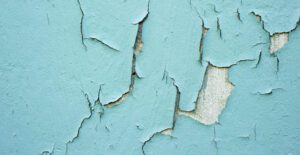
Built-in appliances, such as non-removable stoves or microwaves, stay with the property when the home is sold. Refrigerators, pull-out stoves and anything which is not built-in are considered personal property, and may be taken by the seller if desired. If you want an appliance that is not built-in, you must request it to stay in the body of the sale agreement. The seller will then decide whether or not they want to leave it, take it, or sell it to you at a reduced price.
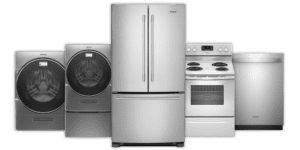
Radon is an odorless, invisible, and tasteless gas which is caused by the breakdown of uranium in the earth. Breathing it over a long period of time can pose a health risk. Many areas of our city contain radon. It can be fixed through proper venting.
For more information and testing, call Radon Testing Labs, (919) 876-1876 or (800) SOS-RADON (767-7236). Or visit epa.gov/radon.
Typical Pricing (approximate)
| Full Inspection | $700 – $1500 |
| Asbestos check | $400 – $800 |
| Mold testing | $300 – $800 |
| Plumbing | $250 – $350 |
| Radon testing | $100 – $250 |
| Lead testing | $300 – $400 |
| Electrical | $250 – $500 |
| Sewer Scope | $80 – $300 |
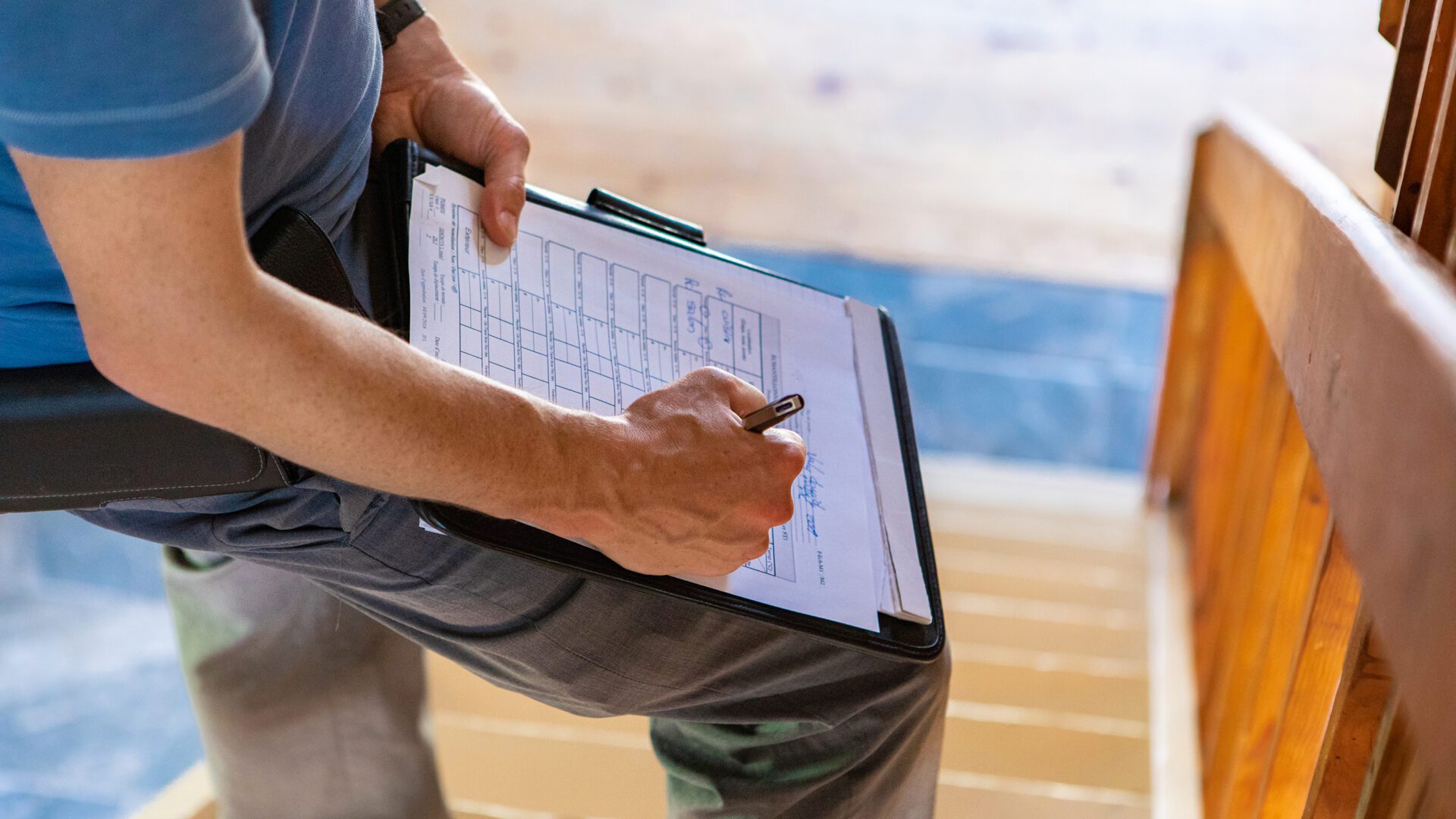
If you are interested in being on our vendor list please reach out. We would love to talk with you.
